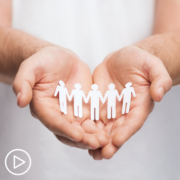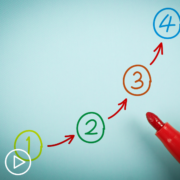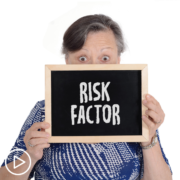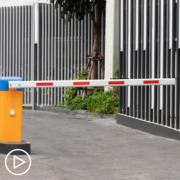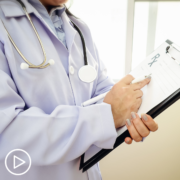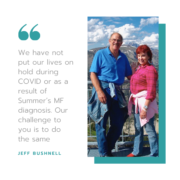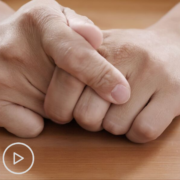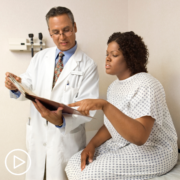Who Is on a Patient’s CLL Care Team?
Who Is on a CLL Patient’s Care Team? from Patient Empowerment Network on Vimeo.
Who are the members on a chronic lymphocytic leukemia (CLL) patient’s care team? Dr. Matthew Davids explains the members of the healthcare team – and shares advice for ensuring the patient receives complete information for optimal care.
Dr. Matthew Davids is Director of Clinical Research in the Division of Lymphoma at Dana-Farber Cancer Institute. Learn more about Dr. Davids here.
Related Resources:
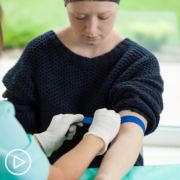
|
Transcript:
Katherine:
When a person is diagnosed with CLL they have a whole healthcare team. Who’s typically on that team?
Dr. Davids:
It’s definitely a multidisciplinary team.
Usually there’s an oncologist-hematologist who’s leading the team as a physician, but there’s a very large team of other people who are involved, whether it’s an advanced practice person such as a nurse practitioner or a physician’s assistant. They’re often very closely involved with the day-to-day patient care. There’s nurse navigators in some places that can help with getting access to these novel agents and with looking into clinical trial opportunities. There are pharmacy folks who are very helpful sometimes in checking in on side effects, and advising on dosing, and so forth.
That’s more on the provider side of things. But, of course, the care team really includes the caregivers for the patient, whether it’s family members or friends, who are really a crucial part of this. The field is very complicated, and one of the challenges with COVID recently is that I’ve always invited family members and friends to come to visits with patients, because I do think it’s helpful to have many people listening. And that’s been hard because we’ve had to restrict visitors usually to either no visitors or one visitor because of COVID precautions.
Even if that’s the case, you can still have people dial in by phone or use technologies like FaceTime to try to have them there with you, because I think having that extra set of ears can be helpful as you hear all this information coming at you from your oncologist.

